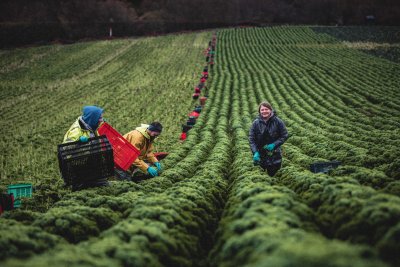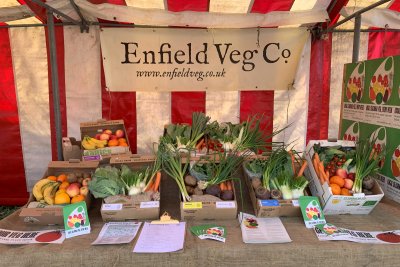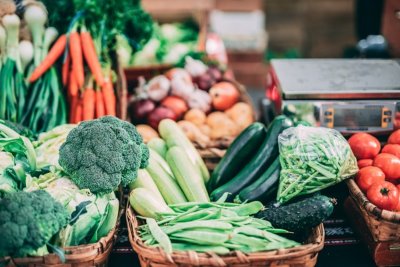 Photo credit: David Bartus pixels.com
Photo credit: David Bartus pixels.com
The Department for Environment, Food and Rural Affairs have given consent for Rothamsted Research to plant two crops in an open field. One is a genetically modified camelina and the other is a genome edited crop. The new CRSIPR genome editing technique aims to develop plants that will yield more nutritious diets more sustainably.
Sustain member GM Freeze are very concerned about this trial as they believe that the trial application did not include a risk assessment for the CRISPR plants.
The distinction between genetically modified plants which introduce genetic coding from unrelated species (e.g. algal gene introduced into Camelina plants to produce fish oils) and genetic engineering which changes genetic coding without leaving unrelated material behind, is a live debate in Europe. Currently the regulations on genetically engineered crops are different to those of GM however the European Court of Justice is considering a legal opinion on a case to broaden the scope of GM regulations to include new breeding techniques.
This makes the timing of the trial very concerning for GM Freeze's director Liz O’Neill:
"The European Court of Justice is considering the legal status of genome editing and indications to date suggest that the court will rule that the techniques used in this trial DO count as GM. Instead of putting public health and the environment first, DEFRA has handed out a free pass to plant highly experimental genetically engineered crops in open fields without a proper risk assessment…
GM Freeze wants to help create a world in which everyone’s food is produced responsibly, fairly and sustainably. This approval of this trial is a worrying step in the opposite direction."
Johnathan Napier is a leading pioneer in plant biotechnology at Rothamsted and an advocate for the power of genetically modified (GM) plants to 'deliver for the public good'. He believes “these two technologies promise much, the GM plants should yield superior levels of [LC-PUFAs] EPA and DHA; the GE plants will improve our understanding of lipid metabolism.”
Sustain campaigns for food and farming policy which benefits the environment, health, animals and farmers.
Sustainable Farming Campaign: Sustain encourages integration of sustainable food and farming into local, regional and national government policies.
Sustain
The Green House
244-254 Cambridge Heath Road
London E2 9DA
020 3559 6777
sustain@sustainweb.org
Sustain advocates food and agriculture policies and practices that enhance the health and welfare of people and animals, improve the working and living environment, promote equity and enrich society and culture.
© Sustain 2024
Registered charity (no. 1018643)
Data privacy & cookies
Icons by Icons8







